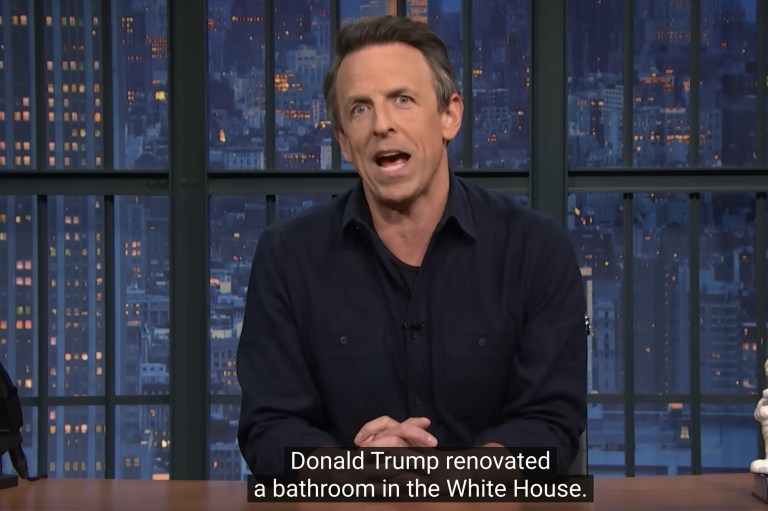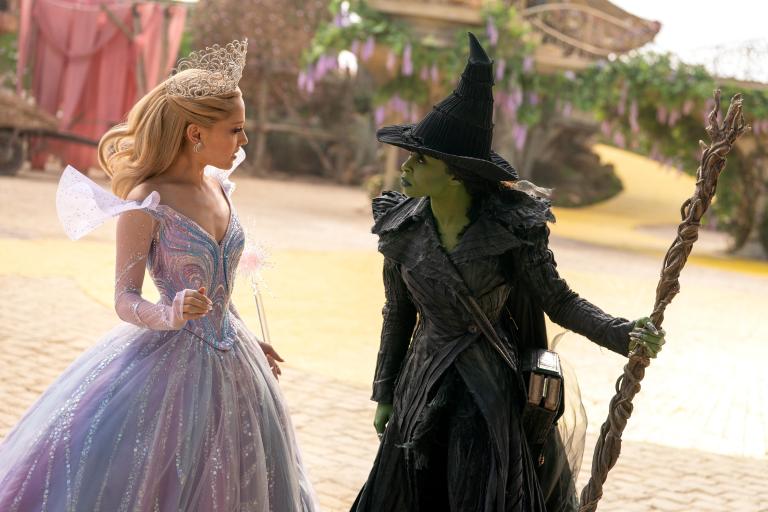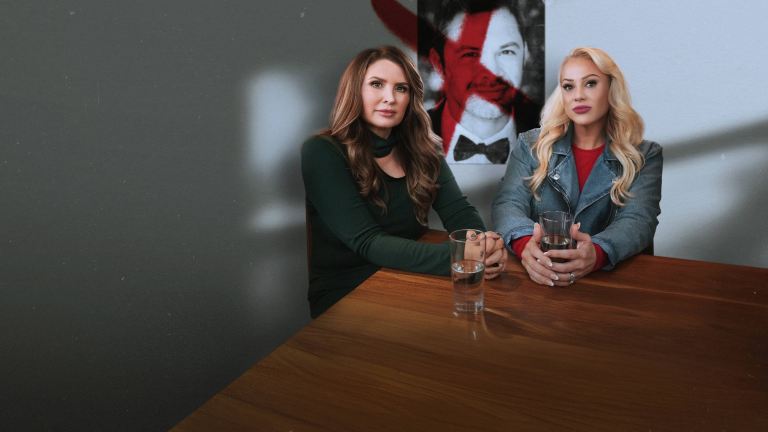
It’s Hard When You Miss Your Abusive Ex
The complicated thing about abusive relationships is they aren’t black and white.
Disclaimer: I am writing solely from my own experiences; when I make generalizations such as “abusive relationships are x,” “abusers do x” or “abuse victims feel x”, it is for syntactical fluidity not to assert that every person who has been in an abusive relationship feels the same way :)
PART ONE: THE NEGATIVES
It’s hard when you miss your abusive ex. There’s no other way of putting it. I’ve been transitioning out of an abusive relationship recently and many days, it feels like my world is turned a different kind of upside down. Even as I write this, I’m scared about what he’ll think, or that he’ll read it and get in contact to illuminate why every one of my feelings is unimportant, or to tell me that of course our relationship wasn’t abusive and how could I say that, or that I’ll make him mad and he’ll leave and won’t love me anymore…despite the fact that the relationship is finished so that’s a moot point. Despite the fact that even though he wasn’t good for me, I still miss his company.
The complicated thing about abusive relationships is they aren’t black and white. If they were, there wouldn’t be an issue because no one would engage in one. But abusive relationships are not completely bad or completely hurtful which is why they are so difficult to transition out of. When transitioning out of an abusive relationship—especially if it is not your first abusive relationship—you have to reconfigure everything you thought you knew about yourself and other people. To learn that the past almost-three years have been three of my most damaging–even though they were with the person I loved more than anyone– makes my head hurt because A. I didn’t feel damaged when I was in the relationship, and B. “love” isn’t supposed to damage you. F. Scott Fitzgerald has this great quote that I think about often: “The test of a first rate intelligence is the ability to hold two opposed ideas in the mind at the same time and still retain the ability to function.” This is how it feels to transition out of an abusive relationship. I feel as if I am barely retaining my ability to function because how can someone who loved me be someone who abused me? Accepting that someone I adored had been playing games with me, controlling me, and basically wasn’t the person I thought he was means that I am now reevaluating what I thought a good person was. I am uprooting the criteria I learned at age six as to how to differentiate between “good” people and “bad” people. And reconfiguring fourteen years of evaluation tactics is overwhelming. Abusive relationships aren’t difficult to come out of because the “victim” is a masochist addicted to abuse, they are difficult to come out of because the “victim” realizes that their understanding of the world has always been misconstrued.
My ex was my best friend and I miss him more than I can say. There are times when I wake up missing him, but there are also times when I have to consciously keep myself from having a panic attack at the idea of seeing him. The missing him has grown less intense over the past couple weeks, but I can’t tell if that’s because I genuinely miss him less or because I’ve convinced myself that I do. But even though I miss him, I know that the ways in which he’s negative outweigh the ways in which he’s positive. Even though my heart wants to see him, my head knows better.
PART TWO: THE HEAD AND THE HEART
In Season Two of BBC’s Sherlock, Sherlock makes a speech to the character, Irene Adler, in which he tells her that she should never let her heart rule her head. Even though I don’t think this is the way Sherlock intended it, I interpret this line as meaning that the heart and head should be in balance in order to make healthy decisions. When your head has to make decisions for your heart, however, or when your heart is so bursting with feeling that your head can’t get a word in edgewise, then things are starting to go askew.
Throughout my relationship, I continually told myself that it didn’t matter if my ex ignored me, or it didn’t matter if he said things that made me feel bad about myself because I knew that he cared about me; look at all the other things he’s said that implies he cares about me, look how often he talks to me (when it’s convenient for him), he stays up late talking to me on nights when he has class the next morning, clearly he’s invested, look at how hard he tries to make me feel good about myself, obviously there’s nothing wrong and I have nothing to worry about. Throughout my relationship, my head was telling my heart how to feel because what I was feeling and what I wanted to feel didn’t match up. I’m not writing out this list to prove an ironic point, I’m writing it out because–even though it may be easy to see through now– then, my heart believed every thing my head told me. And little in the world is stronger then the tenacity of human belief. This is the power that the abuser holds because they warp your sense of belief. They make you fiercely believe the good things they say so that you can excuse all the bad. Abusers tap so far into your heart that you have no choice but to bring in your head, and when your head has to override doubts your heart is having, that’s the first red flag.
I’ve recently been reconfiguring everything I thought about emotions and relationships because I’ve had to teach myself how to feel hurt. Because I had abusive relationships sprinkled throughout my childhood and adolescence, I’ve never learned what it feels like to acknowledge when someone’s hurt me. Instead, I pretend I’m not hurt and go on bottling things up because that’s how I learned to be safe. My heart’s reaction is to push down anything that upsets me and power through life and that’s not healthy. Now, in recovering from multiple abusive relationships it is my head’s job to guide my heart: It’s my head’s job to whisper, “did that upset you? Why? It’s okay if someone upsets you because then you know that they aren’t the kind of people you want in your life, and that’s okay. It’s not your job to be there for everybody.” Acknowledging that I am allowed to be hurt, and that I am allowed to talk about my hurt, was mind-blowing and it’s why right now I need my head to guide my heart through healing. When I was with my ex, my head had to smother my heart and now post-relationship, my head has to repair my heart. It will take me a while before I am at a place where my head and heart are balanced, but that’s life :)
PART THREE: THE REACTIONS OF OTHERS
A couple of months ago, I went to the doctor’s for a physical. I’d been in just two months previous and since then, I’d lost around ten pounds. My doctor asked me about the sudden weight loss, and I explained that I had been having a difficult time emotionally but was in therapy. She asked if I was on any medication, and I told her that I wasn’t and confessed that I was transitioning out of an abusive relationship and therapy was enough. At my words, my doctor put her computer down, looked me in the eye and said, “I’m so sorry. Good for you for getting out. I’m really proud of you and you’re very brave.” She literally said things like this for a good fifteen to thirty seconds and I thought I was going to cry. I’d never thought of getting out as brave or something to be noted, I was just doing what I thought was best. But since then I’ve realized why she dropped everything to tell me how courageous it was because exiting an abusive relationship and staying out is hard. There have been countless days where I almost message my ex and tell him that I’m sorry and ask him to come back because that relationship is familiar. It takes the average abused person eleven attempts to exit an abusive relationship because abusive relationships are what we know. It’s terrifying to venture into something unfamiliar, even when the alternative is scarring.
I think this is why it’s often hard for people who have never had an abusive relationship to sympathize with those who have been abused; it doesn’t logically make sense to stay in something that hurts you: but abuse works because it bends the laws of logic. I stayed with my ex for so long because he treated me like a prize within a project. And since I have always felt like just a project, this was about the best thing in the world. The dynamic between us was like sucking and shoving: there were times where he would pull me into him and act like he never wanted me to go, but without warning he would shove me away and ignore me until he felt like talking to me again. This is a classic controlling dynamic because at least he always came back. He gave me morsels of affection to satisfy me, then would leave until I was starving so that the next morsel he gave me tasted like the best thing in the world and would tie me over until I was starving again and he gave me another one. When you come from a world where morsels don’t exist, and there is no sucking only shoving, this feels like the best thing that could ever happen. It was only through therapy that I realized that this is not how healthy relationships work, and that I would meet someone who instead of seeing me as a project, or a prize within a project, would just see me as a prize.
PART FOUR: THE PROGRESSIVES
My ex is not a bad person. This is the misconception about abusers, that they are monsters who are out to destroy people when in reality, they are the people who have been stepped on the most and the only way they’ve learned to stay safe is to do the same to other people. That isn’t monstrous, that’s heartbreaking. I don’t hate my ex because I understand what pushed him to treat me the way he did. That doesn’t excuse his behavior and while I don’t want anything to do with him, hating him is something I don’t think I could ever do. In the words of my therapist, I can forgive him, and have compassion for him, but I can’t tolerate him.
He never intended to hurt me–most of the time he was trying to be playful or loving–the problem didn’t lie in the intention, it lay in the execution. My ex hurt me not because he was out to get me but because that’s the only way he was taught to love. The problem lies in the fact that many people are not loved the way they deserve (to paraphrase The Perks of Being a Wallflower). And people who aren’t loved as they deserve will not love others as those deserve because they don’t know how, and the cycle continues. Instead of condemning abusers for being monsters, we should encourage them to get help. We should encourage them to learn what kind of love they need and to become strong enough to learn what kind of love they are capable of giving.
Of course, this is all assuming the abuser wants help: and often, they don’t. And there is nothing you can do about that except walk away. I’ve learned the hard way that until an abuser admits they want help, and actually seeks out help, he/she will continue to mistreat you. So for your own safety you need to leave and let them flounder because if they crash and burn, that is their doing and not yours. You come first.
I was happy in my relationship. But I was only as happy as I knew how to be. I was not as happy as I deserved to be. I was happy in my relationship because I loved somebody who loved me back. I just didn’t realize that my definition of happiness–a definition that includes as much anxiety and hurting as positivity–was not a healthy one. It wasn’t until I started to learn what Actual Happiness felt like that I became strong enough to move on. In order to learn how to be happy, I had to learn how to be hurt: I had to acknowledge that I was being hurt before I could acknowledge what was hurting me.
I’ve titled this section “The Progressives” because I need to acknowledge that even though I was in a relationship that damaged me, I was also in a relationship that helped me grow. In our society we like boxes–we like someone, we hate someone, something is good, something is bad–we rarely consider nuance. We rarely hold two opposing ideas in our head and retain the ability to function. But I am who I am today because I was in a relationship with someone who was as good for me as he was bad; I grew both from how much he loved me and from how much he hurt me. And it is an insult to him and to what we shared to assert that he’s a monster who never gave me anything worth having because that is a downright lie. In our society we like boxes, but it’s impossible to box a relationship. I asserted earlier that abusive relationships aren’t black and white but the truth is EVERY relationship isn’t black and white. Relationships end because two people stop moving forward together, and there are going to be positive and negative effects of the relationship afterwards. Some relationships end more positively or negatively than others, but both the positives and negatives are always there. And BOTH are necessary to acknowledge.
But you know what? I miss my ex a lot less after writing this article :) ![]()











